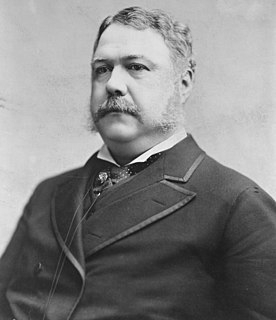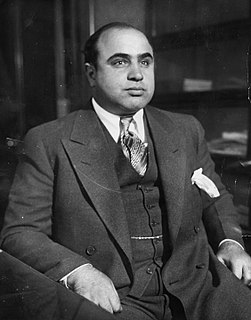A Quote by Geoffrey Wood
In general, it's not too hard to corrupt an American, mostly a matter of supply to their demand. Supply should be variegated to encourage the Illusion of Choice. Other than that they're looking for numbness, so be ready to sedate. Drugs, booze, television, shopping, etc.
Related Quotes
Mass production is only profitable if its rhythm can be maintained.. that is, if it can continue to sell its product in steady or increasing quantity. The result is that while, under the handicraft or small-unit system of production that was typical a century ago, demand created the supply, today supply must actively seek to create its corresponding demand.
One cannot buy, rent or hire more time. The supply of time is totally inelastic. No matter how high the demand, the supply will not go up. There is no price for it. Time is totally perishable and cannot be stored. Yesterday's time is gone forever, and will never come back. Time is always in short supply. There is no substitute for time. Everything requires time. All work takes place in, and uses up time. Yet most people take for granted this unique, irreplaceable and necessary resource.
By keeping labor supply down, immigration policy tends to keep wages high. Let us underline this basic principle: Limitation of the supply of any grade of labor relative to all other productive factors can be expected to raise its wage rate; and increase in supply will, other things being equal, tend to depress wage rates.
Anybody interested in solving, rather than profiting from, the problems of food production and distribution will see that in the long run the safest food supply is a local food supply, not a supply that is dependent on a global economy. Nations and regions within nations must be left free and should be encouraged to develop the local food economies that best suit local needs and local conditions.
Four things have almost invariably followed the imposition of controls to keep prices below the level they would reach under supply and demand in a free market: (1) increased use of the product or service whose price is controlled, (2) Reduced supply of the same product or service, (3) quality deterioration, (4) black markets.


































